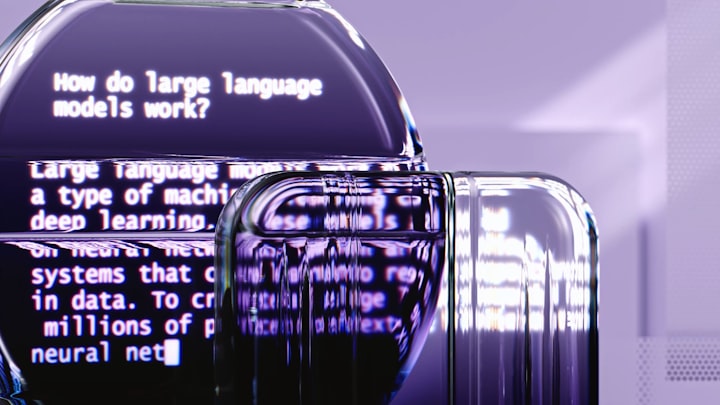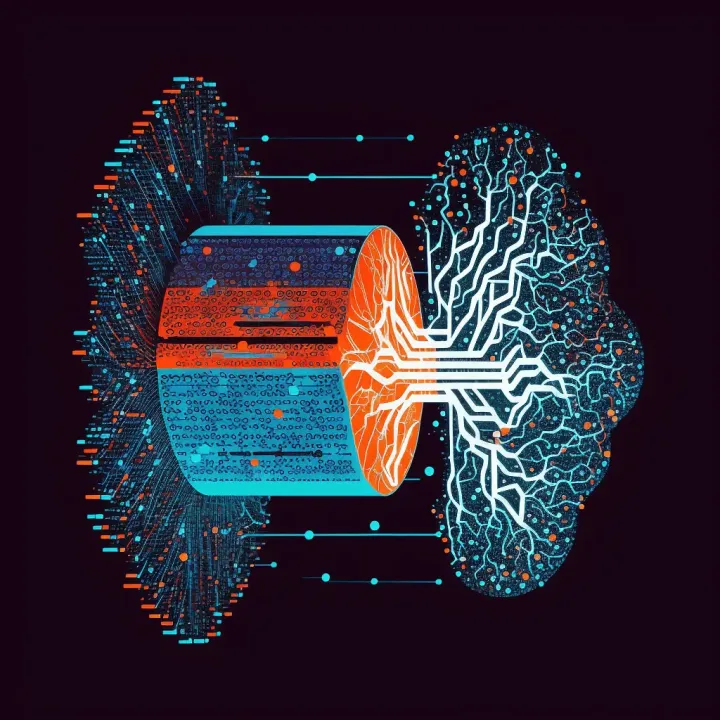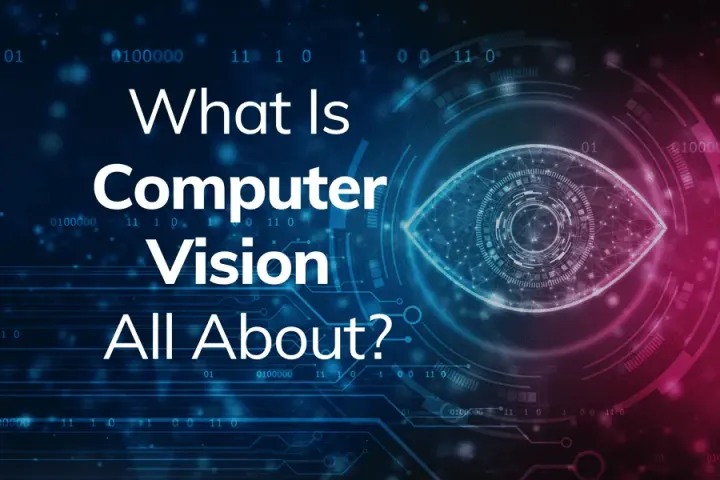Web 3.0 Development Services: Reinvent Business Success
Discover Web 3.0 development services that enable businesses to thrive in a decentralized digital landscape. Embrace innovation, agility, and robust infrastructure to reinvent success in the Web 3.0 era.
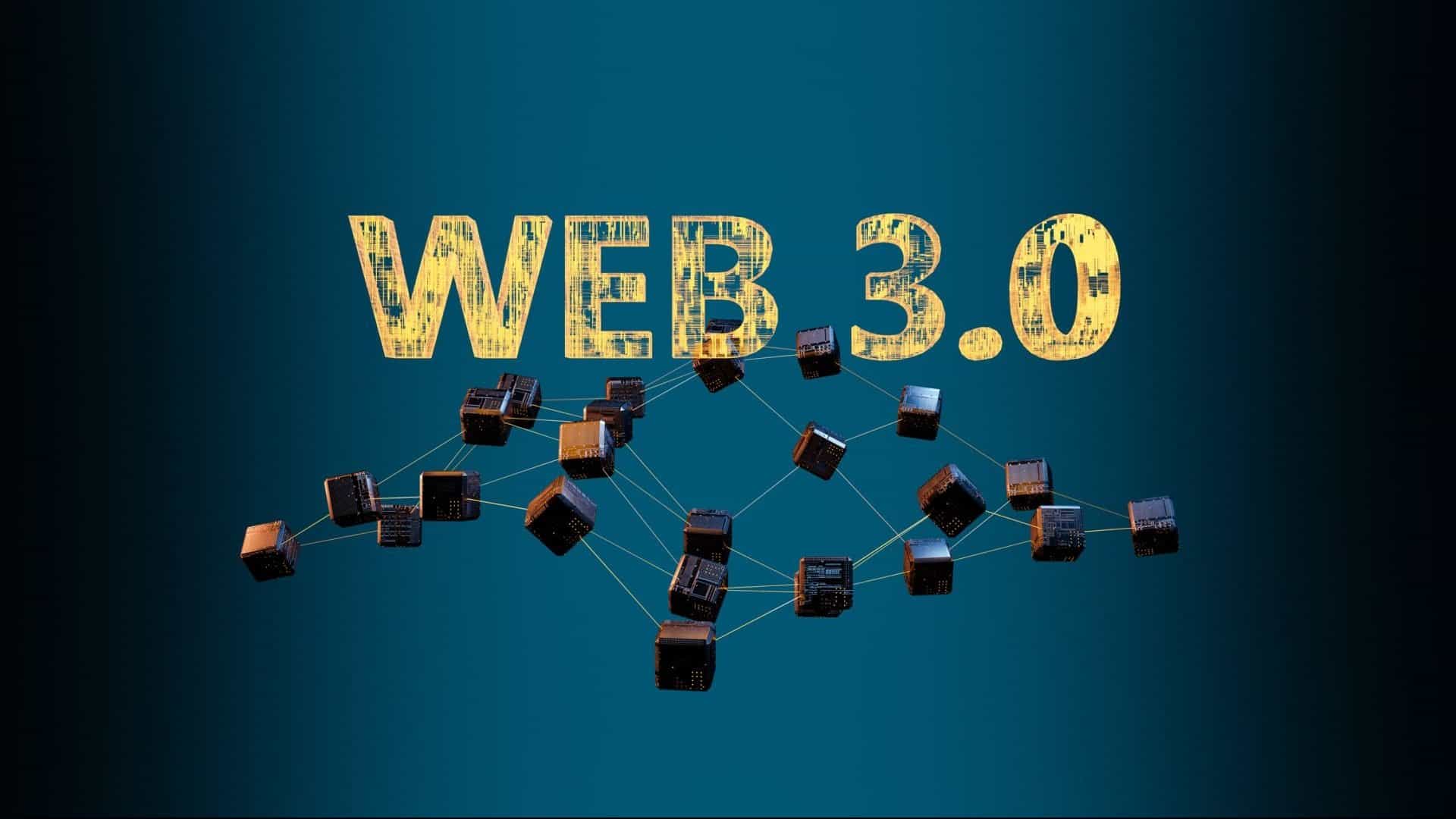
Web 3.0, Blockchain, Metaverse, NFTs, and cryptocurrencies are among the exciting technological developments that are only beginning to gain traction. The internet is presently in its prime web 2.0 phase, with cloud computing and social media platforms among its highlights. A better world will be here by 2023, which has never happened before. A new ecosystem called Web 3.0 can potentially fundamentally change how businesses are now organized. Web 3.0 Development Services alter the technology paradigm and accomplish more. Instead, it stands for a novel way of consuming and distributing culture. It's a culture that elevates consumer effort while emphasizing the relationship between the contemporary consumer and their manufacturer. Web 3.0 is greater than all of these things.
Web 3.0 is seen as a jargon, toy, or utopia by several well-known companies and computer gurus. However, people are initially skeptical of new concepts and technologies. Nevertheless, several indications indicate that the phenomenon may quickly gain widespread acceptance. First, Web 3.0 business models, which may solve all these issues, are becoming increasingly well-liked daily. The growth of Web 3.0 Development and the decentralized Internet has sparked interest in Web 3.0-style apps among tech entrepreneurs, drastically raising investor interest in these applications' future iterations.
Web 3.0 Development – The dawn of the technologically disruptive era
The Semantic Web, an integral component of Web 3.0, aims to revolutionize the digital landscape by democratizing online access and interaction. This transformative feat is achieved through the automated filtration of data, empowering computers to interpret and comprehend the inherent meaning of information. The core of this innovation lies in its sophisticated software interpretation, which facilitates seamless, accurate, and productive communication between technology teams and end-users.
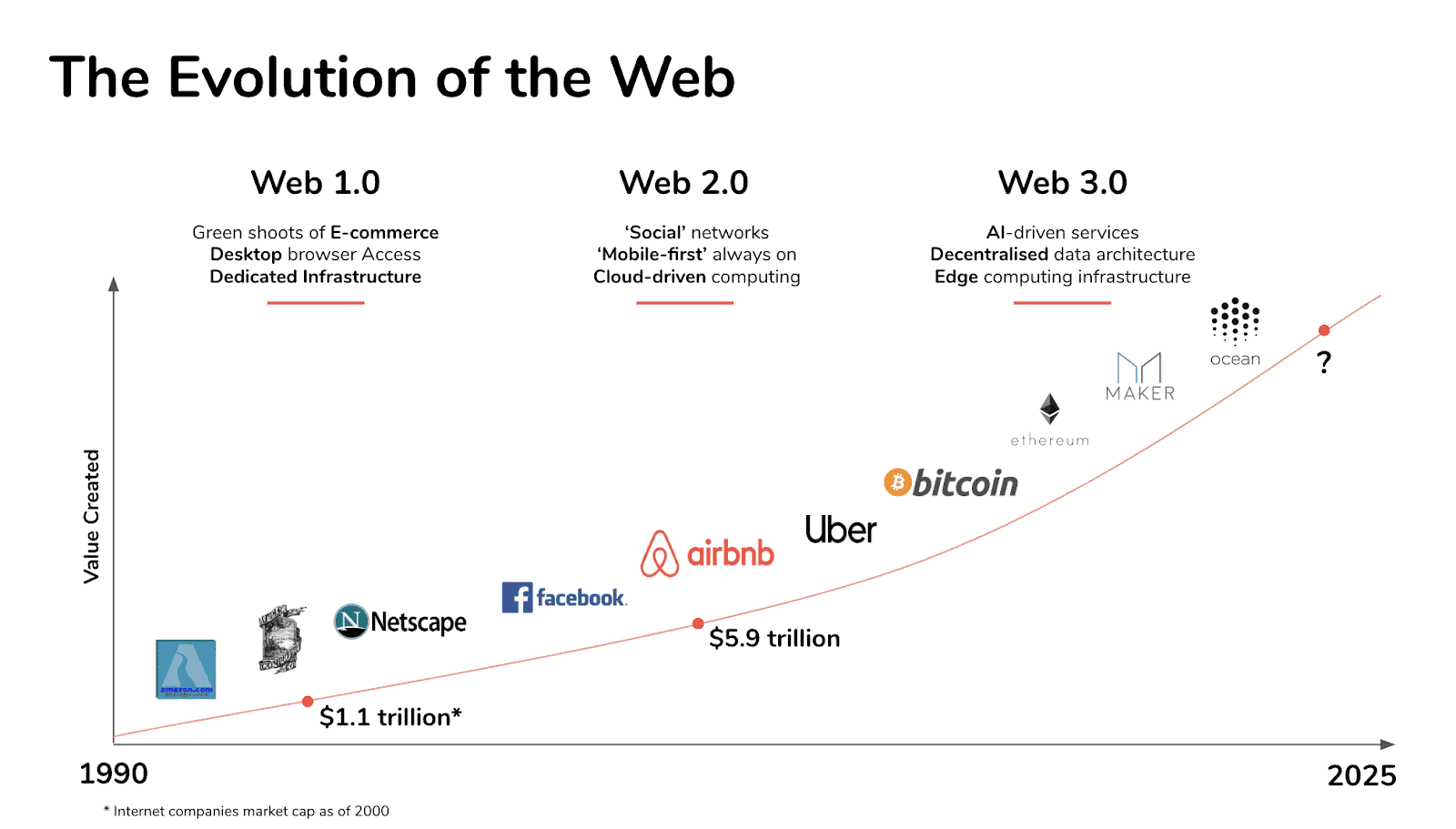
The trajectory of the internet's evolution is undeniably relentless, with decentralized applications (dApps) making an indomitable resurgence. Additionally, the Internet of Money (IOM), bolstered by distributed data hosting and user-governed platforms, has emerged as a driving force in this new era. The burgeoning field of decentralized applications and decentralized finance (DeFi), championed by the Web 3.0 Development Agency, has had a transformative impact on the lives of individuals globally. This influence spans diverse domains such as passive income generation, asset exchange, loan applications, and more—remarkably, all without the necessity for an intermediary to exact a portion of the transaction. Consequently, cryptocurrencies have gained increasing traction within emerging markets, heralding a new chapter in global finance.
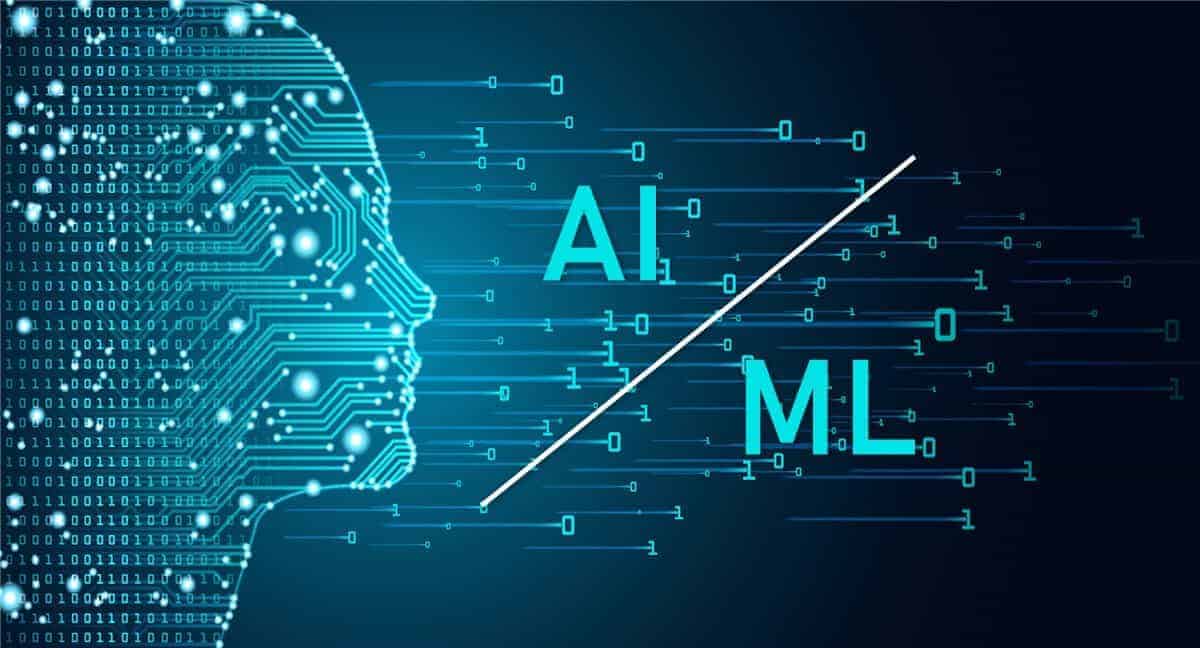
From Web 2.0 to Web 3.0 Development
Discover how Web 3.0 Development Services can elevate your business to unprecedented levels of growth and success:
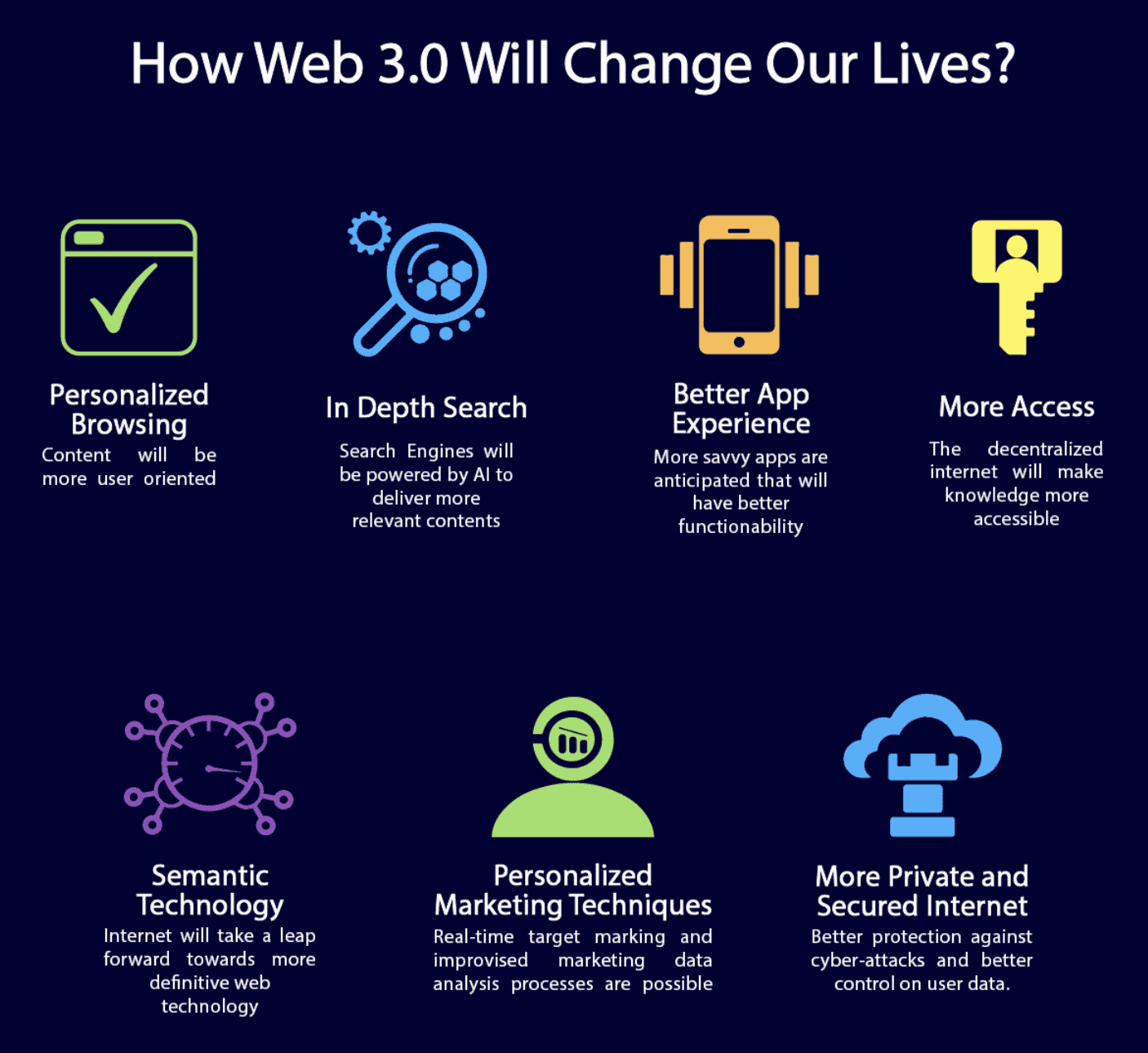
Strategic planning is pivotal in business operations
Blockchain technology offers numerous applications that can significantly enhance visibility and workflow efficiency within trustworthy systems. Businesses are leveraging Web 3.0 technology to optimize internal processes such as budgeting, supply chain management, production, and auditing. Additionally, it enables companies to interact with customers and expand their follower base. To maximize the benefits of blockchain, businesses must carefully consider factors such as specific use cases, data privacy and security requirements, and the choice between public or private blockchains based on these considerations, along with the nature of the data to be stored.
Organizations must also assess their existing cloud and node infrastructure and anticipate future needs when scaling or adapting. Web 3.0 Development Agencies must tailor their strategies accordingly to avoid imposing undue complexity on business processes.
Emphasize comprehensive infrastructure solutions
Selecting the appropriate infrastructure and Web 3.0 Development Services is crucial as numerous emerging options enable businesses to successfully transition into the new internet era. Ensuring compatibility between future initiatives and existing systems and regulations is particularly important. In the context of public, private, and hybrid blockchains, decision-makers often opt for public blockchains such as Ethereum, renowned for its high transaction volume capacity. While Ethereum is employed in various large-scale projects, it is worth noting that it is a relatively costly choice with suboptimal security. Consequently, customer-centric applications like NFT marketplaces and gaming are ideally suited for this type of blockchain.
In contrast, private or permitted blockchains allow only a select number of participants to create and view transactions, smart contracts, and nodes. These systems are best suited for internal applications or pilot projects. As such, different infrastructures cater to varying needs under the same umbrella. Therefore, selecting a Web 3.0 Development Agency necessitates thorough research to ensure your business fully capitalizes on the available opportunities.
Web 3.0 Development Services Revolutionize Business Paradigms
In the Web 3.0 realm, distributed denial of service (DDoS) attacks and other service disruptions aimed at exploiting network vulnerabilities are virtually impossible, as it offers significantly enhanced security compared to its Web 2.0 counterpart. By integrating failsafe measures into smart contracts, potential attacks can be thwarted. Further, by ensuring that nodes possess adequate bandwidth and computational capacity, such attacks can be further deterred.
-
Decentralization: Decentralized Autonomous Organizations (DAOs) now facilitate the decentralization of Web 3.0. In this decentralized landscape, numerous nodes possess comparable levels of autonomy, with unidentified entities participating in decision-making processes rather than a single corporation governing the system.
-
Identity: Web 3.0 empowers users with a unique identification system. Unlike traditional methods requiring registration on multiple platforms, a Web 3.0 Development Agency provides a singular login for all platforms, resulting in heightened security and resistance to censorship.
-
Security: The blockchain network's mandatory transaction validation enhances privacy protections. This renders systems more resistant to hacking attempts. In the context of 51% attacks, swift remediation is possible, and the likelihood of successful attacks is markedly reduced.
-
Ownership: In the Web 2.0 era, only website owners were authorized to modify site content. Corporations maintained ownership of all text and images posted on social media platforms. However, Web 3.0 Development Services enable users to exchange their data directly with one another, promoting a more equitable distribution of ownership.
Leverage Web 3.0 Development Services for Top Industries
Web 3.0 development services hold immense potential for businesses across diverse sectors, enhancing their operations and attracting novel clientele. A few notable examples include:
- Financial services: Web 3.0 facilitates more secure and streamlined financial transactions. Blockchain-based decentralized finance (DeFi) platforms, for instance, enable users to borrow, lend, and invest funds without intermediaries.
- Retail: Web 3.0 fosters personalized and captivating shopping experiences. Retailers may employ blockchain to monitor product ownership and offer customers unique content and discounts.
- Media and entertainment: Web 3.0 generates innovative entertainment and media forms that are highly interactive and immersive. Artists can utilize NFTs to market their creations to fans, establishing new revenue streams.
- Gaming: Web 3.0 enriches gaming experiences with increased immersion and engagement. Gamers can employ NFTs to possess in-game assets and exchange them with fellow players.
- Logistics: Web 3.0 augments efficiency and transparency in logistics operations. Companies can utilize the blockchain to trace the movement of goods, ensuring timely delivery in optimal conditions.
The examples mentioned above are merely the tip of the iceberg as Web 3.0 development services evolve, spawning ever more innovative and revolutionary applications.
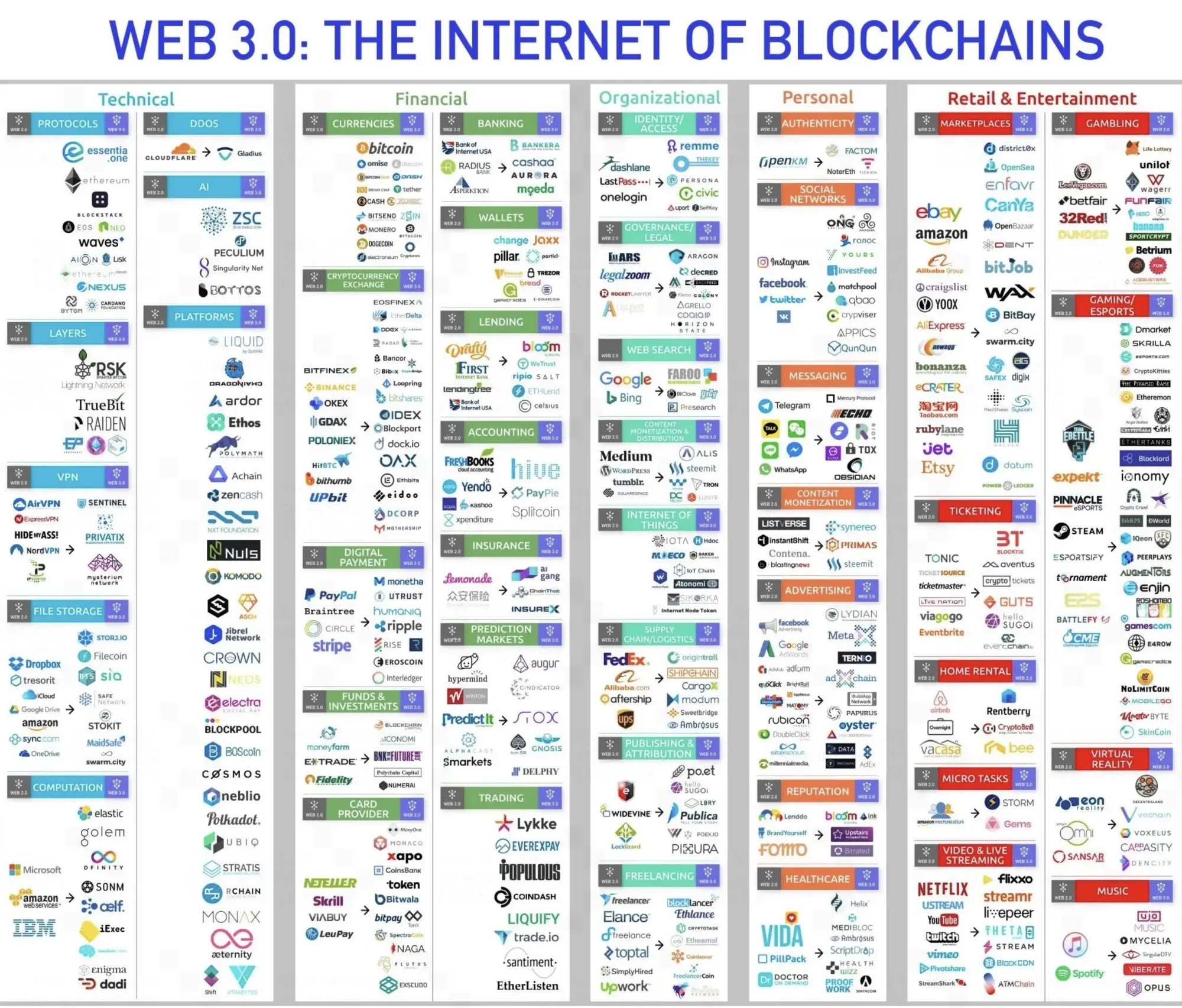
Additional benefits of adopting Web 3.0 development services for leading industries comprise:
- Heightened security: Web 3.0, underpinned by blockchain technology, offers a highly secure and impervious platform for storing sensitive data, such as financial details or customer records.
- Amplified transparency: Blockchain records all transactions publicly, facilitating easy tracking of money and goods flow and detecting potential fraud or misconduct.
- Enhanced user experience: Web 3.0 applications typically surpass traditional web applications regarding user-friendliness and intuitiveness. As decentralized and permissionless systems, they eliminate the need for users to create accounts or divulge personal information.
- Unprecedented innovation: As a nascent and swiftly evolving technology, Web 3.0 presents boundless innovation opportunities. Early adopters can secure a competitive edge by devising inventive solutions that capitalize on this emerging technology.
Web 3.0 development services present numerous advantages for businesses spanning a range of industries. Those seeking to optimize operations, expand customer reach, and outpace competitors should seriously contemplate integrating Web 3.0 development services.
Use Case
Web 3.0 represents the forthcoming era of the internet, which is firmly anchored in blockchain technology. This cutting-edge innovation is poised to foster greater decentralization, security, and user-friendliness than the present web. The following highlights several exemplary applications and utilization possibilities for Web 3.0:
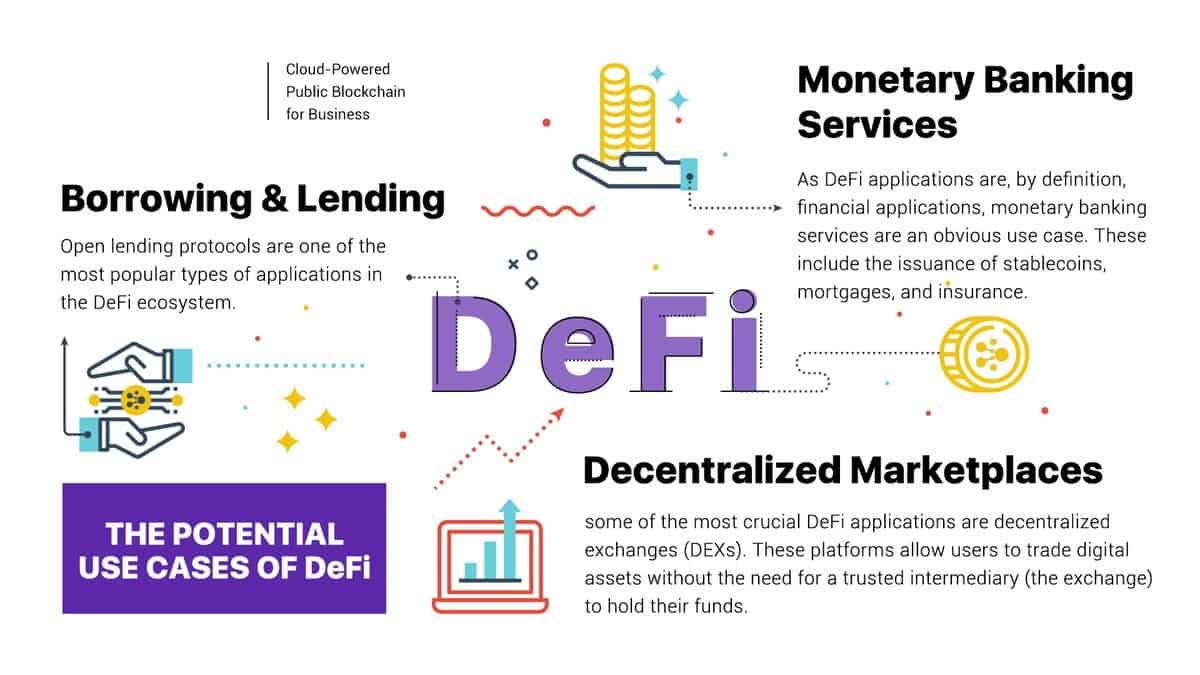
-
Decentralized Finance (DeFi): With the help of DeFi, users may borrow, lend, and invest money without the need for a middleman like a bank. DeFi is an innovative financial framework built on blockchain technology. In the end, this democratizes financial services, increasing their affordability and accessibility.
-
Non-Fungible Tokens (NFTs): The term "NFTs" refers to specialized digital goods that represent in-game assets, music, and visual arts. These tokens may be purchased, sold, and exchanged in order to open up new types of digital ownership and commercial opportunities. They are securely stored on a blockchain.
-
Metaverse: Encompassing a virtual realm accessed via virtual reality (VR) or augmented reality (AR) headsets, the metaverse serves various functions such as gaming, socializing, and shopping. This revolutionary concept could potentially transform how we engage with the internet.
-
Web 3.0 Gaming: Rooted in blockchain technology, Web 3.0 gaming enables players to claim ownership of in-game assets and trade them with fellow gamers. This heightens gaming immersion and interactivity and unveils new revenue channels for developers.
-
Web 3.0 Social Media: Blockchain-based Web 3.0 social media platforms give individuals control over their data and limit access to it. Users now have more control over their online identities, privacy, and security.
These illustrations just begin to scrape the surface of Web 3.0's enormous possibilities. We may expect an ever-expanding range of creative and transformational applications to emerge as we continue to develop.
How can ExterNetworks overcome Web 3.0 development obstacles on your behalf?
Even though Web 3.0 technologies have made substantial strides, the sector remains nascent, and developers are diligently tackling its unique challenges. Regrettably, existing regulatory frameworks cannot accommodate an open, decentralized economy. Nonetheless, this should not deter companies from embracing the transformation. As witnessed during the Web 2.0 era, successful organizations must exhibit agility and flexibility to manage change effectively. Thus, collaborating with a Web 3.0 Development Agency to establish a robust digital infrastructure can help preserve a competitive edge and better equip industries for the future.
Persistently innovating and catering to enterprises, Antier delivers adaptable digital infrastructure and data resources teeming with ecosystems. Our offerings empower organizations to unleash novel capabilities via software-defined connectivity to various partners and providers. Coupled with our comprehensive global coverage and services, we afford the flexibility to select the most suitable tools for a Web 3.0 future.
Explore our services and connect with our team today! Let's talk.



